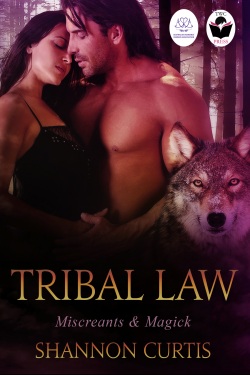Release day: Burning Fields
Today is the official release of Burning Fields by Alli Sinclair (print and ebook, Harlequin MIRA). Here’s the blurb:
1948. The world is struggling to regain a sense of balance after the devastation of World War II, and the sugar cane–growing community of Piri River in northern Queensland is no exception.
As returned servicemen endeavour to adjust to their pre–war lives, women who had worked for the war effort are expected to embrace traditional roles once more.
Rosie Stanton finds it difficult to return to the family farm after years working for the Australian Women’s Army Service. Reminders are everywhere of the brothers she lost in the war and she is unable to understand her father’s contempt for Italians, especially the Conti family next door. When her father takes ill, Rosie challenges tradition by managing the farm, but outside influences are determined to see her fail.
Desperate to leave his turbulent history behind, Tomas Conti has left Italy to join his family in Piri River. Tomas struggles to adapt in Australia–until he meets Rosie. Her easygoing nature and positive outlook help him forget the life he’s escaped. But as their relationship grows, so do tensions between the two families until the situation becomes explosive.
When a long–hidden family secret is discovered and Tomas’s mysterious past is revealed, everything Rosie believes is shattered. Will she risk all to rebuild her family or will she lose the only man she’s ever loved?
Alli dropped by today to tell us a little about this book:
When I wrote Burning Fields I wanted to tell a story that would resonate with readers today and inspire conversations about what has, or hasn’t, changed for women and immigrants in the past seventy years in Australia. My main character, Rosie, represents the generation of women who had worked for the war effort and experienced independence and learned non-traditional skills. These women saw the world through new eyes, so going back to more traditional roles after the war proved quite the challenge. With her brothers lost in the war and her father in ill health, Rosie desperately wants to run the family’s sugarcane farm, but the conventions of the day work against her. Even her own father won’t allow her to do something she’s more than capable of. Rosie’s battle for her voice to be heard, coupled with the immigration story of Tomas from Italy, highlights aspects of our Australian historical landscape that are still relevant. It’s the battles that Rosie and Tomas fight to be accepted that bring them together—or could rip them apart.
You can find out more about this book at Alli’s website or buy it from Harper Collins.





Comments are closed.